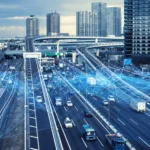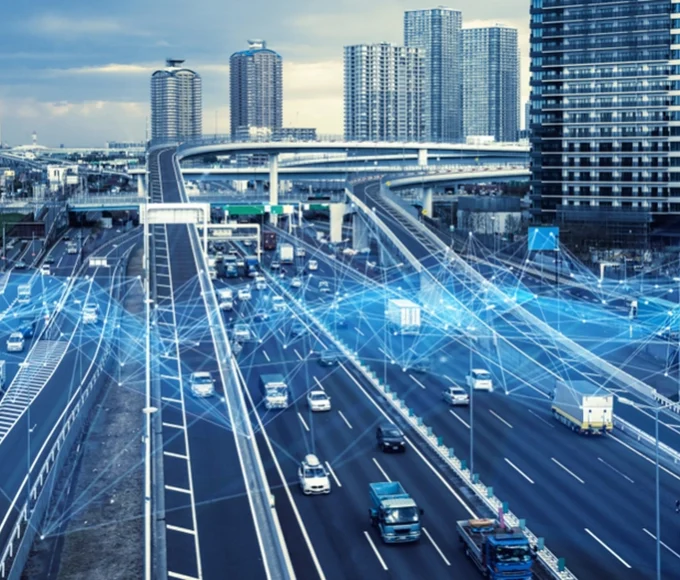In a rapidly evolving healthcare landscape, technological advancements are bringing forth a new era of patient care, especially in a country as populous and diverse as India. One of the most transformative innovations in healthcare is the integration of artificial intelligence (AI) with remote patient monitoring (RPM). This synergy has the potential to revolutionize healthcare delivery, making it more accessible, efficient, and effective for the millions of people across the country. In this article, we will explore how AI and remote patient monitoring are transforming healthcare in India.
The Current State of Healthcare in India
India’s healthcare system has long faced challenges such as limited infrastructure, shortage of healthcare professionals, and uneven distribution of medical services. These challenges have made healthcare less accessible to many, especially those living in rural and remote areas. The need for innovative solutions to bridge these gaps is evident.
Remote Patient Monitoring
Remote Patient Monitoring is a healthcare model that allows healthcare providers to keep a watchful eye on patients’ vital signs, chronic conditions, and overall health without requiring them to visit a medical facility in person. This approach is particularly valuable in a vast and densely populated country like India.
The Integration of AI
AI, with its ability to analyze vast amounts of data quickly, is the perfect companion for RPM. Machine learning algorithms can sift through patient data, detect anomalies, and provide valuable insights that can assist healthcare professionals in delivering proactive and personalized care.
Revolutionizing Healthcare in India
Enhanced Access to Healthcare:
RPM powered by AI can extend healthcare access to remote and underserved areas. Patients can receive care from the comfort of their homes, reducing the burden on already overburdened healthcare facilities.
Early Disease Detection:
AI can monitor and analyze patient data in real-time, alerting healthcare providers to any deviations from baseline values. This early detection can significantly improve the outcomes of patients with chronic diseases and prevent emergencies.
Personalized Treatment:
AI can analyze patient data to create individualized treatment plans, factoring in a patient’s unique medical history, genetics, and lifestyle. This level of personalization can lead to more effective and efficient treatments.
Improved Doctor-Patient Communication:
RPM allows for continuous interaction between patients and healthcare providers, enabling the timely adjustment of treatment plans and a better understanding of patients’ needs.
Reduced Healthcare Costs:
By preventing hospital readmissions and enabling early intervention, RPM can lead to cost savings for both patients and healthcare systems. This is particularly important in India, where a significant portion of healthcare expenses are out-of-pocket.
Challenges and Considerations
While the integration of AI and RPM is promising, there are some challenges that need to be addressed:
Data Security and Privacy:
Protecting patient data is of paramount importance. Robust cybersecurity measures are essential to ensure that sensitive medical information remains confidential.
Digital Divide:
To ensure equitable access to these technologies, efforts should be made to bridge the digital divide, providing necessary devices and internet connectivity to all citizens, especially in rural areas.
Regulatory Framework:
India needs to establish clear regulations for AI in healthcare to ensure the safe and ethical use of these technologies.
The marriage of AI and remote patient monitoring has the potential to revolutionize healthcare in India. By making healthcare more accessible, personalized, and cost-effective, these technologies have the power to transform the lives of millions of Indians. However, it is crucial that as these technologies continue to advance, they do so with an unwavering commitment to data security, patient privacy, and ethical practices.
With the right investments and policies in place, India can harness the full potential of AI and remote patient monitoring to create a healthier, more vibrant future for its people.
















Leave a comment